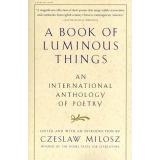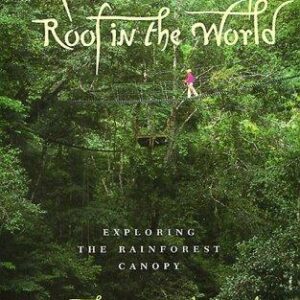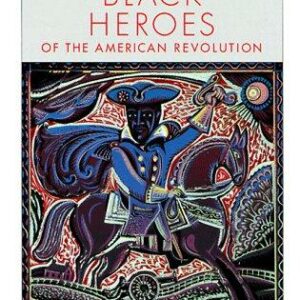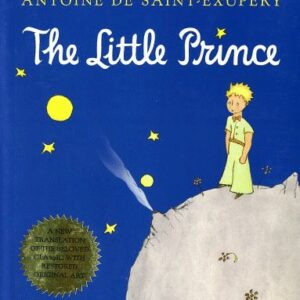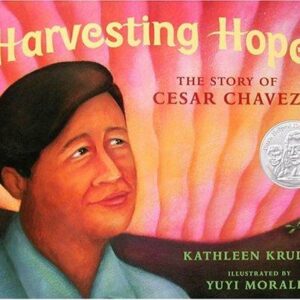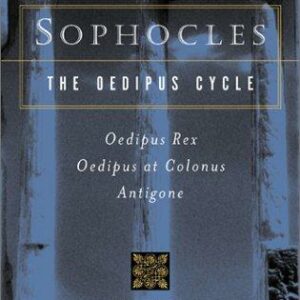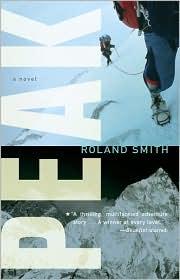Heard-Hoard
$20.00
| Title | Range | Discount |
|---|---|---|
| Trade Discount | 5 + | 25% |
- Description
- Additional information
Description
Winner of the Alice Fay di Castagnola Award from the Poetry Society of America, this new collection of verse from Atsuro Riley offers a vivid weavework rendering and remembering an American place and its people.
Recognized for his “wildly original” poetry and his “uncanny and unparalleled ability to blend lyric and narrative,” Atsuro Riley deepens here his uncommon mastery and tang. In Heard–Hoard, Riley has “razor-exacted” and “raw-wired” an absorbing new sequence of poems, a vivid weavework rendering an American place and its people.
At once an album of tales, a portrait gallery, and a soundscape; an “inscritched” dirt-mural and hymnbook, Heard-Hoard encompasses a chorus of voices shot through with (mostly human) histories and mysteries, their “old appetites as chronic as tides.” From the crackling story-man calling us together in the primal circle to Tammy figuring “time and time that yonder oak,” this collection is a profound evocation of lives and loss and lore. Atsuro Riley is the author of Heard-Hoard, winner of the Alice Fay di Castagnola Award from the Poetry Society of America, a finalist for PEN America’s Voelcker Poetry Award, a Boston Globe Best Book of 2021, and a Bookworm Top 10 Book of the Year. His 2010 book Romey’s Order was the winner of the Whiting Award, the Kate Tufts Discovery Award, The Believer Poetry Award, and the Witter Bynner Award from the Library of Congress. Riley’s work has been honored with the Lannan Foundation Literary Fellowship, the Pushcart Prize, and the Wood Prize given by POETRY magazine. Brought up in the South Carolina lowcountry, he lives in San Francisco. He is the editor of Revel, a literary journal.
CRACKLER
CALL
SUNDER
SHED
STRIPLINGS
CHORUS: Petition
MOTH
CREEKTHROAT
DUET
CLARY
CHORUS: Lobe
STRANGER
CAW
CRAW
GOLDHOUND
CHORUS: Milk
ORIGIN
RHYTHM
CHORUS: Seed
ELEMENT
CHORUS: Knell
OAK
LADDER
CHORUS: Hankerer
THICKET
Notes
Acknowledgments
About the Author
"Riley splits words apart and arranges them in counterpoint to create a singular music, an effect that reminded me of cracking open a geode to reveal its secret inner glittering. Readers of these poems will enter a fully formed world, with its own characters, myths, chorus, and repetitions. Sonically and emotionally complex, Heard-Hoard is a
collection to treasure and return to."
Additional information
| Dimensions | 1 × 7 × 9 in |
|---|


